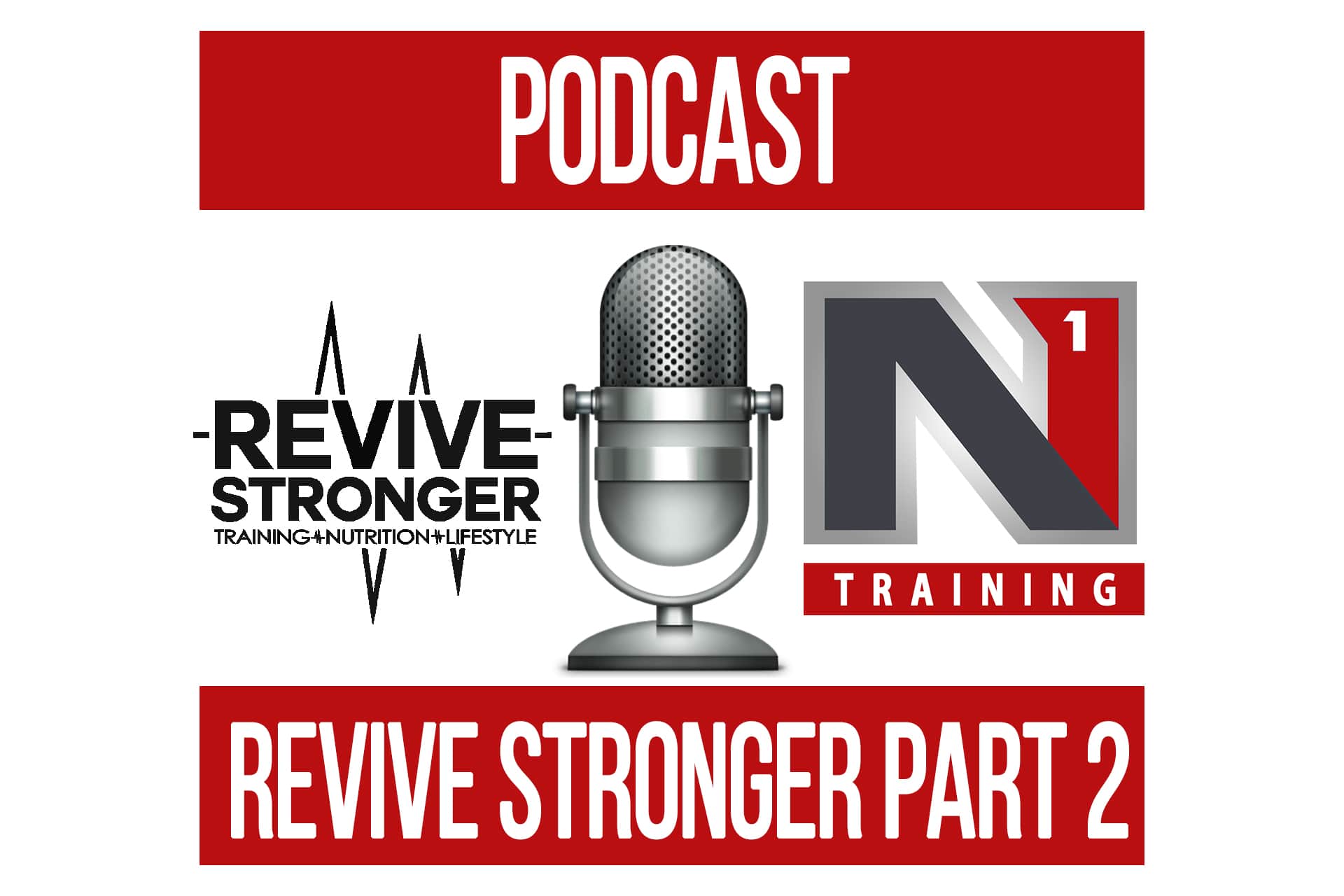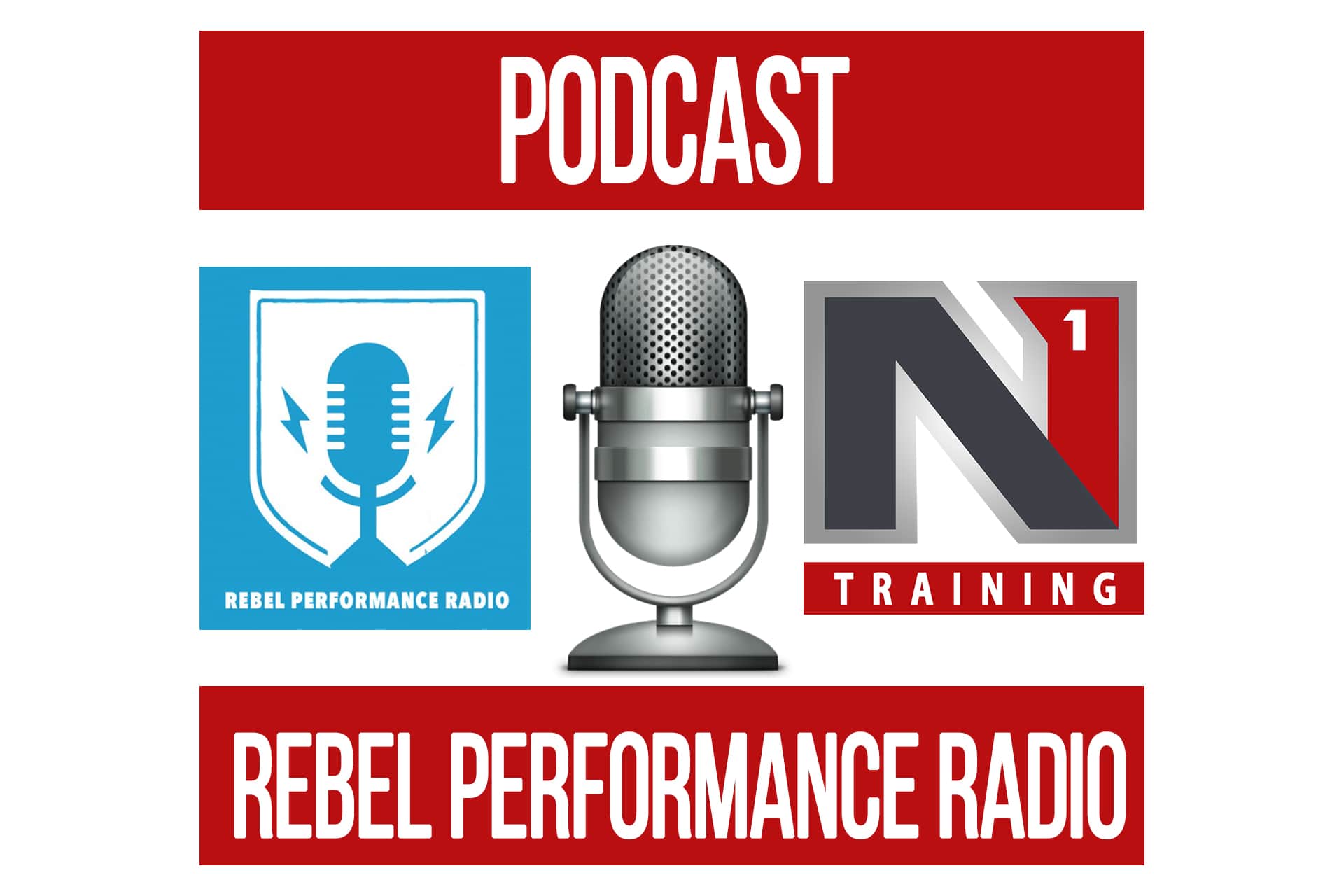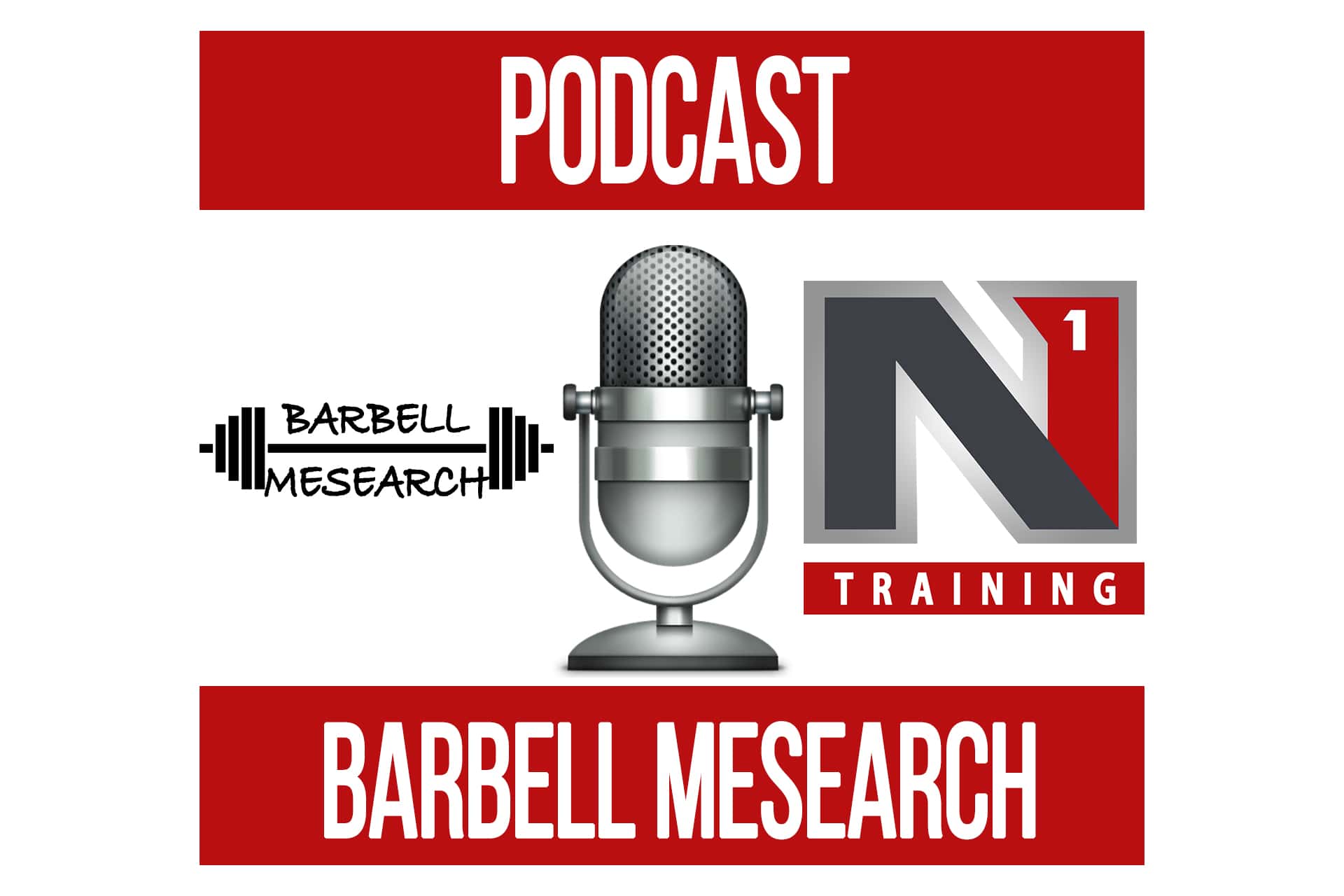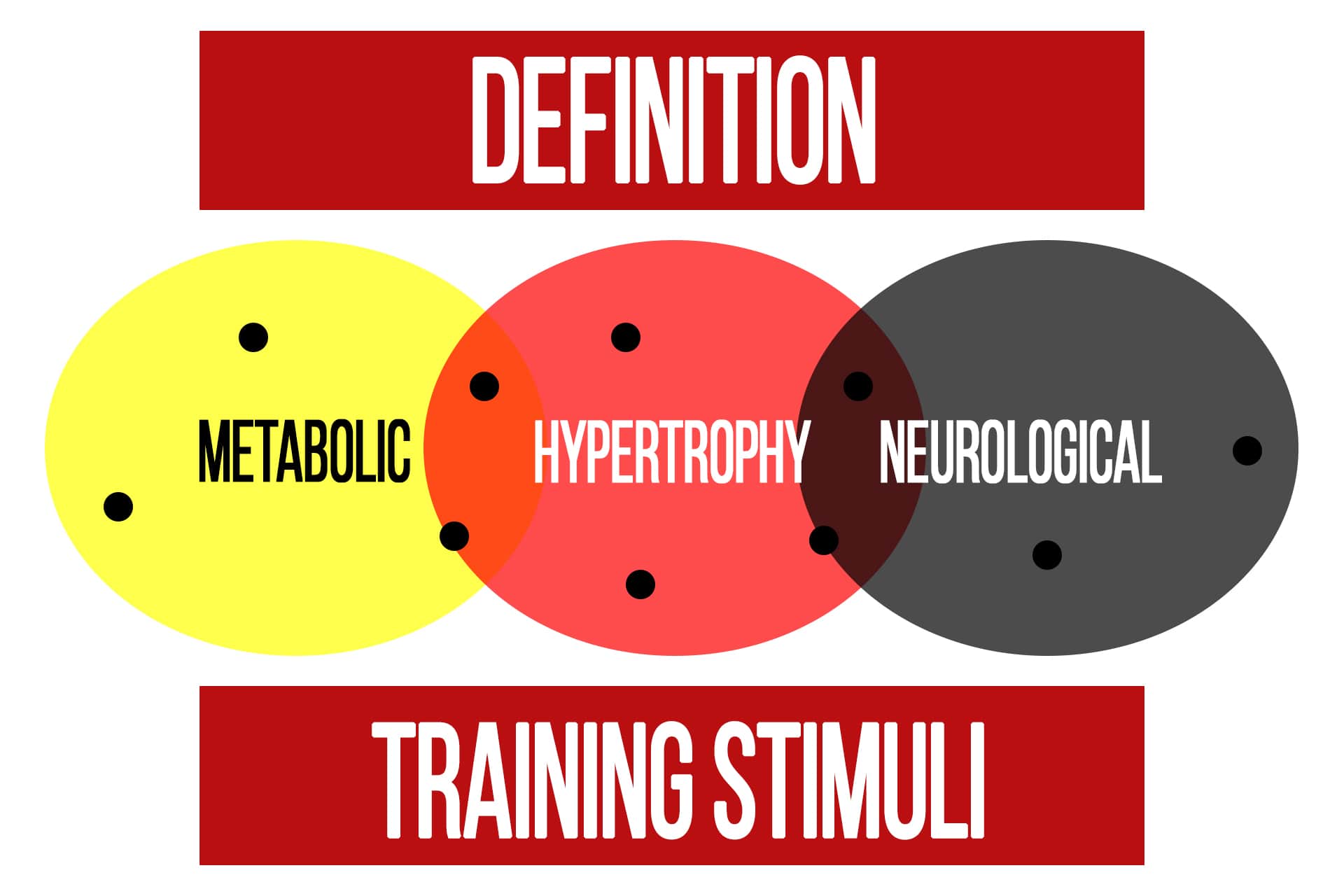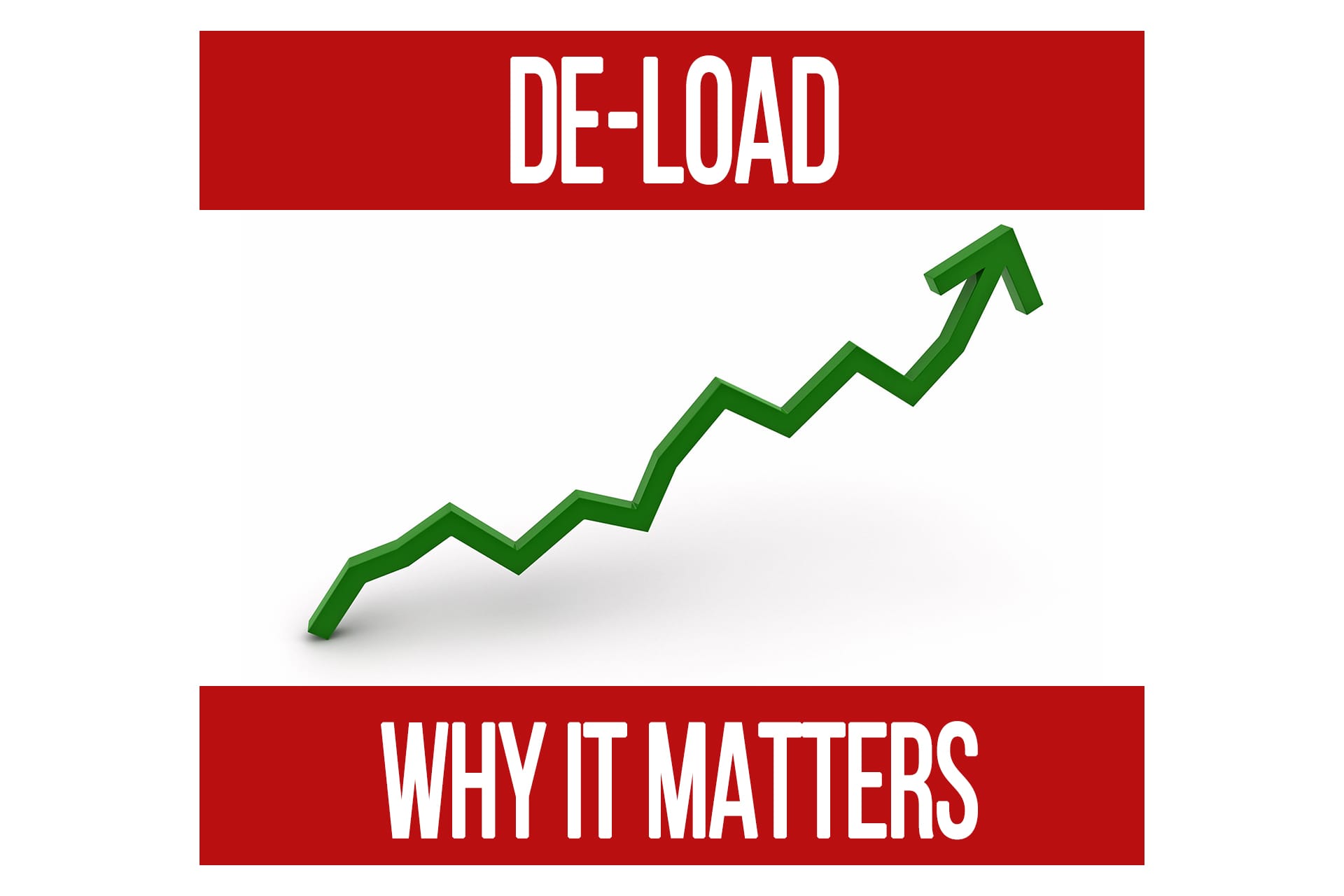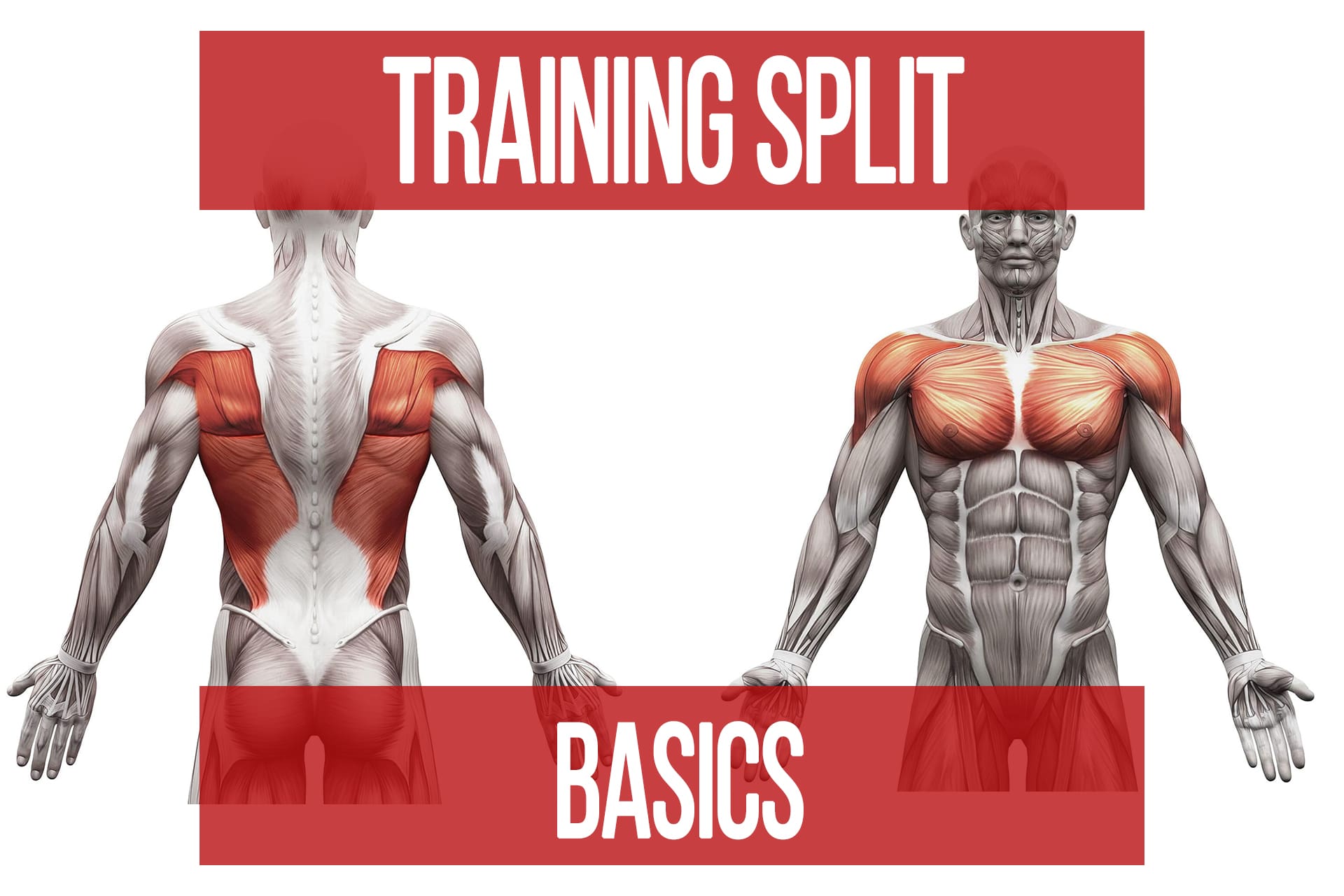Podcast: Revive Stronger Part 1
n1 training
Timestamps
02:19 Kassem talks about the N1 principles and common mistakes people do with exercise execution
06:54 Exercise selection and program design
11:28 Mike talks about the stimulus to fatigue ration and what exercise to pick
17:33 Kassem elaborates on how he goes about creating a stimulus
22:35 Mike responds to Kassem’s approach and how to work a muscle group
29:34 Kassem responds with talking about the goal and purpose of an exercise along with exercise order
36:30 Mike goes back with some criticism about Kassem’s thoughts and focus on muscle stimulus
43:15 Kassem speaks about fatigue accumulation and stimulus
48:38 Mike speaks about central fatigue impact on overall effects of stimulus and exercise selection
53:57 Debate about systemic fatigue

Popular Pages
Learn & Train With Us
Add N1 Training to your Homescreen!

Please log in to access the menu.
